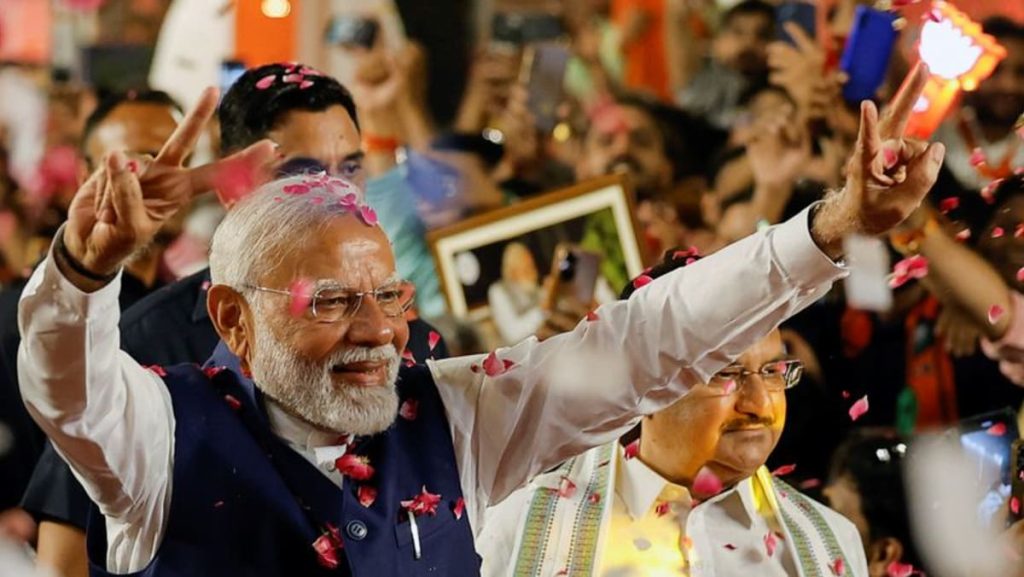For India, the potential necessity of working more closely with alliance partners who may not share the BJP’s strong pro-Hindu views could mean a dialing back of aggressive efforts to reshape the country as an overtly Hindu nation. This could also lead to the need to offer cabinet positions and concessions to these partners. In terms of economic policies, a BJP-led government is likely to continue pursuing business-friendly measures, but a weakened mandate may hinder efforts to enact significant reforms in labor and land regulations that are deemed necessary for sustaining economic growth. Additionally, in order to maintain support, the government may resort to populist spending measures which could jeopardize fiscal plans.
On the international front, India’s global profile under Modi has been on the rise due to strong economic growth and a growing population that attracts foreign investment. Modi has been working to strengthen ties with the US as a counterbalance to China while also maintaining strategic independence by not aligning with the West on certain global issues. It is unlikely that these positions will change in the near future, as Modi continues to pursue goals of making India a major global manufacturing hub and attracting foreign investors amid China’s economic slowdown.
Overall, a potential shift in the BJP’s approach due to alliance partnerships could impact the broader economic and political landscape in India, particularly in terms of possible compromises on aggressive reforms and fiscal policies. On the global stage, India’s continued rise as a key player under Modi’s leadership is expected to persist, with a focus on strengthening ties with the US and enhancing its attractiveness as an investment destination. As India navigates both domestic and international challenges, the dynamics of its relationships with alliance partners and world powers will shape its future trajectory in the coming years.


